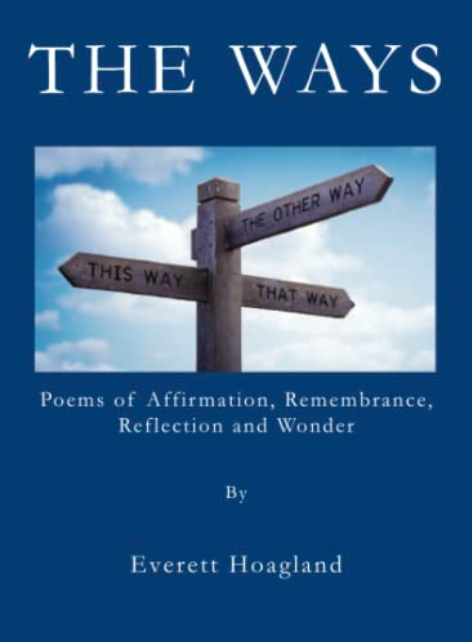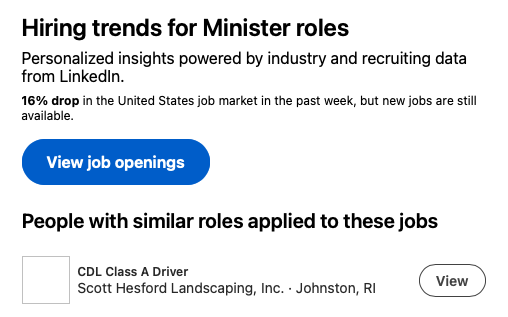I’ve been doing a deep dive into the question: What is religion, anyway? It’s pretty clear that “religion,” as we use it today, is a concept that really arises fairly recently in human history, during the European Enlightenment. From what I can see, the concept of “religion” arose from more than one source.
On the one hand, as nation states emerged in the early modern era, there was a general cultural move to make a strong distinction between “religious” and “secular.” “Secular” meant the emerging nation states, which had control over armies, warfare, coining money, imperialism and colonialism, etc. “Religion” was a new category, or perhaps a radical redefinition of medieval Western Christianity. “Religion,” especially in Protestant nation states, was conceived as inhabiting voluntary associations (local congregations and larger groupings of congregations called “churches”), and as being a matter of personal experience. “Secular” meant public spaces; “religious” increasingly meant personal spaces, or spaces inhabited by small bounded communities.
On the other hand, at the same time that Europeans were beginning to distinguish between “religious” and “secular,” they were also sailing all over the world and colonizing other lands and other peoples. As Europeans encountered other peoples, they experienced a bit of culture shock: people in the Americas, in Africa, and in southern and eastern Asia didn’t have anything that looked at all like Christianity — nor like Islam or Judaism, the other two traditions that Christian Europeans knew best. For example, at first Europeans had a hard time knowing what to do with peoples in the Indian subcontinent; then the Europeans decided to subsume a diversity of traditions under the heading of “Hinduism,” arguing that all “Hindus” actually worshiped the same transcendent god, named Brahma, who was sort of like the Christian god; and Hindus all traced there lineages back to sacred texts like the Rig Veda. Before the Europeans colonized the Indian subcontinent, “Hindu” was mostly an ethnic descriptor, people who lived around the Indus River; after colonization, “Hindu” became an adherent of “Hinduism.” So Hinduism is, in a sense, a creation of the colonization process.
The European Enlightenment also challenged traditional European concepts of the Christian God. As the Enlightenment progressed, various people began doubting the truth of the Christian God. By the late nineteenth century, a robust tradition of atheism emerged in Europe and in (European-colonized) North America. From what I can tell, this European tradition of atheism knew little about, e.g., much older traditions of atheism in the Indian subcontinent. That still holds true today, so that what we call “atheism” is really mostly the narrow tradition of Euro-American atheism. I call it narrow, because it was heavily influenced by Protestantism. This is not to say that Euro-American atheism is somehow a kind of super-Protestantism (although it can seem that way at times), but both traditions are clearly the product of the same broader Euro-American culture. As a result, Euro-American atheism can look a lot like Euro-American Christianity, with an emphasis on: personal belief or non-belief; conversion stories; proselytizing or the seemingly similar activity of actively encouraging people to leave religions; etc. Again, it’s not that Christianity and atheism/secularity are two sides of one coin; but rather that they’re both products of the same culture, and seem to take up much the same sort of cultural space.
That’s a brief summary of what an increasing number of scholars agree upon. My deep dive into the topic? I’ve been reading a whole bunch of books.
One book I’ve found helpful on this topic: The Secular Paradox: On the Religiosity of the Not Religious, by Joseph Blankholm (NYU Press, 2022). The book is a sociological study of people who are not religious, and who are part of organized secular groups. One of the fascinating things Blankholm finds is that organized secular groups in the U.S. seem to be dominated by older white men from vaguely Christian backgrounds. Blankholm interviews Black atheists, Hispanic atheists, formerly Jewish atheists, “Muslimish” atheists, etc. — people who often don’t fit neatly into the organized secular groups. So how come the old white guys get to dominate U.S. atheism? Blankholm has some good things to say about this.
Another book I’ve found super helpful is: Before Religion: A History of a Modern Concept by Brett Nongbri (Yale Univ. Press, 2015). Nongbri is a scholar who specializes in the Ancient Near East. He also argues that “religion” is a concept that didn’t exist before the European Enlightenment. Thus, when we talk about “ancient Egyptian religion” or “ancient Greek religions,” we are using anachronistic terminology. Even when we talk about early Christianity or early Islam as “religions,” we are using anachronistic terminology. Nongbri goes into some textual analysis showing how modern translators use the word “religion” to translate ancient terms that do not carry our contemporary meaning. In other words, to say that Jesus of Nazareth (or Paul of Tarsus, depending on your theology) founded a “religion” is an anachronistic way of framing that history. Jesus may have founded something, but it was not what we mean today when we say “religion.”
If we take Nongbri and Blankholm (and many other scholars of religion) seriously, we find something rather disconcerting. The word “religion” works best to describe Western European Christianity from the early Modern period onward. That implies that “religion” does not work so well to describe the so-called “world religions.” And indeed, if we look closely, we see that the concept “religion” has been imposed on many phenomena that weren’t religions before colonialism, e.g., “Hinduism” wasn’t even a thing until after the British colonized India. Nor does “religion” work so well when applied to anything before the Enlightenment.
Which in turn implies that “religion” is not a universal concept that applies to all human cultures in all times and all places. This is something that scholars have been saying for some years now, e.g., Jonathan Z. Smith in “Religion, Religions, Religious” (1998). And if “religion” is not a timeless and universal concept, then neither is “secular.”
The practical effect of all this? Well, for us Unitarian Universalists, we are definitely part of a religion, since both Unitarianism and Universalism started out as Christian heresies. But at an institutional level, we got kicked out of the Christian club a century ago. You can be a Christian Unitarian Universalist, but Unitarian Universalism can’t really be considered Christianity. Which means the term” religion” when it is applied to us is not going to be a perfect fit. In fact, it might be argued that these days we look more like organized secularism than organized religion. And given the apparent complicity of organized religion in colonialism, maybe that’s not a bad thing.


